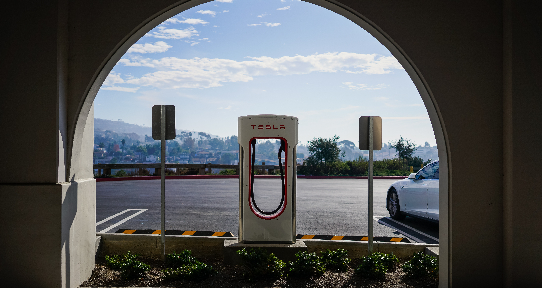Net zero technologies

Efficient buildings
Buildings support industry, commerce, and communities requiring materials to create structures that provide heat, light, air management, water and waste services. New construction methods, materials, designs, and control systems can significantly improve the energy and environmental footprint of buildings, including building retrofits of existing stock.
Clean transportation
IESVic has a history of leading research aimed at the development of green transportation technology, including battery electric, hybrid electric vehicle (HEV) and fuel cell electric vehicles (FCEV). Component development, powertrain system modeling and optimization, and recharging/refueling infrastructure are active research topics. Personal vehicle charging infrastructure, vehicle fleets, buses, heavy duty vehicles and green marine propulsion are specific topics of activity, as well as local air quality impacts of transportation.
Carbon management
Carbon management will undoubtedly be required at some level for climate change mitigation. Options include capturing point source carbon emissions (CCS), and removing carbon from the atmosphere (CDR) or indirectly from the oceans. The impacts and feasibility of these approaches are uncertain, and there is risk of diverting direct decarbonization investments or prolonging fossil fuel usage, but they are being studied as solutions for hard to abate and historical emissions.
Energy storage systems
Storage is an essential element of energy systems. Historically, we have harvested energy stored in fossil resources, plants, and the earth’s thermal mass. With an interest in using more variable renewable energy supplies, the role of storage is being explicitly served by technology. Research examines materials, systems, and processes for mobile and stationary energy storage, including state of health estimation.
Digital twins
Modern energy systems require improved operations, including continuous performance enhancement and predictive maintenance. Digital twins fuse real-time sensors with physics- and data-driven models to deliver actionable insights into real systems and improved future system designs. Current digital twin applications include buildings, battery storage, wind turbines and electrolysers.
Functional materials & green chemistry
Innovative new materials and processes for the efficient use and manufacture of materials are at the heart of technology development. Whether it is semi-conductors for solar energy, catalysts for chemical processes, or solid caloric substances work-heat interactions, materials research is needed for sustainable energy systems.
Fuel cells & electrolysers
Fuel cell systems provide dynamic and continuous power production at high efficiencies with no carbon emissions. In addition, hydrogen and fuel cell systems enable the integration of low-carbon energy supplies to the electrical system while simultaneously providing a chemical currency for high-grade heat and transportation. Improving stack performance, optimizing systems, and analyzing fuel cell applications are active research topics. Improvements in efficiency of electrolytic hydrogen production via electrolysis is also being pursued.
Efficient heating and cooling
Thermal demands – both heating and cooling – account for a significant fraction of global energy demand. The efficient conversion of useful energy into low and high-quality heat involves improved cycles, new methods, and thermal optimization of processes. Avoiding the use of substances harmful to the environment is a driving force behind advanced technologies such as magnetocaloric systems. For more information, visit the AMR laboratory website.
